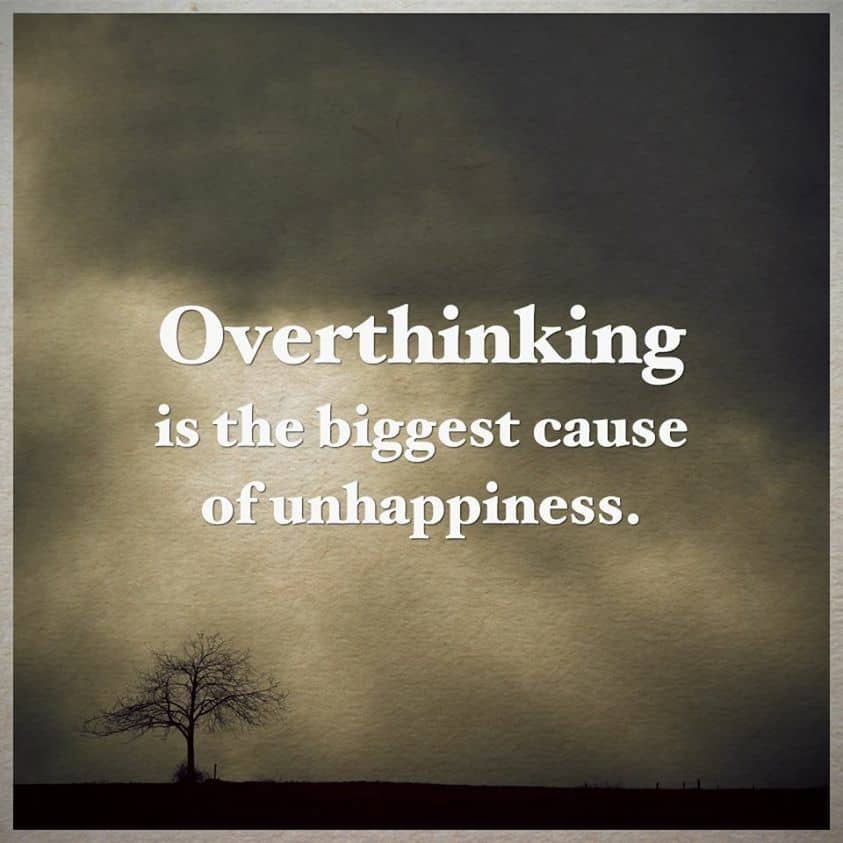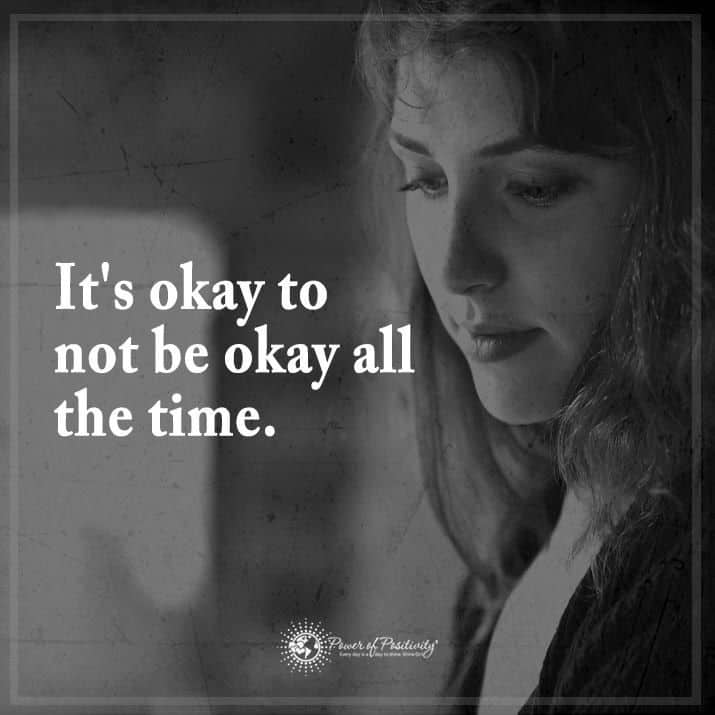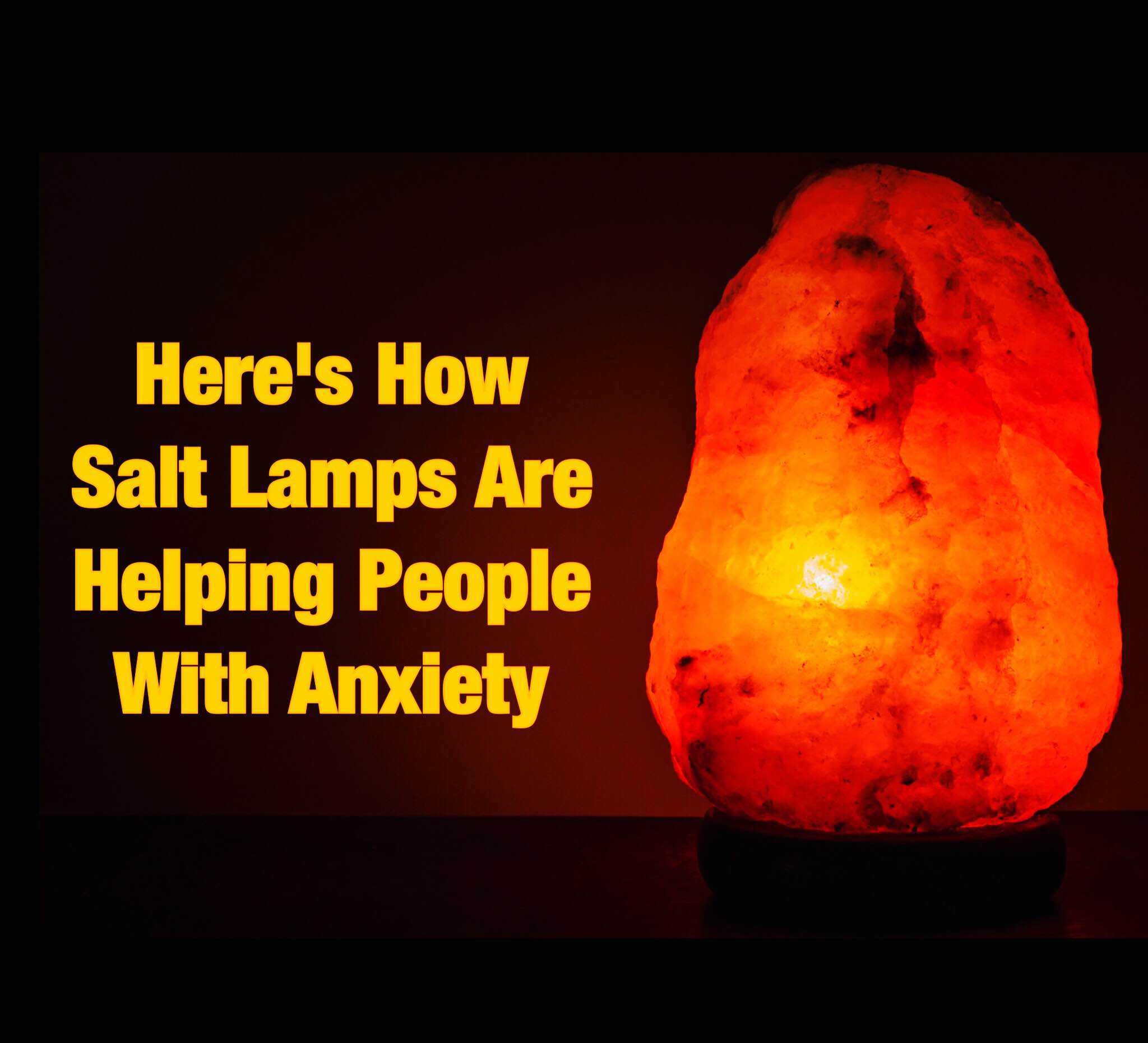Do you have daily routines that make your life a little easier? What if you obsess over these routines? Or do you fill your day with anguish if you fail to complete them? You may have an undiagnosed case of OCD, Obsessive-Compulsive Disorder.
What is an Obsession?
When mental health specialists talk about an obsessive-compulsive disorder, they go beyond people who are simply picky. Just because you insist on keeping a clean and orderly home does not mean you have a mental issue. If you habitually drink a cup of coffee and read the morning paper before work, it’s not an obsession; instead, it’s just a habit.
The dividing line between being particular about how you do things and an obsession is the anxiety involved. So maybe you like to keep all your herbs and spices organized alphabetically in your spice drawer. Preferences like these are not an obsession unless you panic and disrupt your life to fix them.
The obsession part of the disorder is that your mind is constantly dwelling on a habitual action. It becomes compulsive when your mind compels you to complete the action repeatedly to relieve the severe anxiety. Since this anguish is so mentally and physically debilitating, it has become a recognized disorder.
The History of Obsessive-Compulsive Disorder
Unfortunately, mental illness was much misunderstood in the past. Early physicians had sparse knowledge of how the brain works, leading to misinformation and dangerous treatments. Skewed religious beliefs guided many of these specialists, and mental illness symptoms were often considered sinister.
Until modern discoveries in mental health, those who had mental disorders found themselves at the mercy of ignorant, superstitious, and often cruel health practitioners. These patients often endured scorn, ridicule, and sadistic treatments that caused countless deaths.
In the past, medical practitioners had little clue about anxiety disorders. When patients were compelled to complete certain personal rituals, the practitioners either chalked it to female problems or witchcraft. Since some people were obsessed with washing themselves or their surroundings, the unknown disorder was often called “crazy clean.”
Throughout history and sometimes, things people don’t understand are viewed with fear in today’s society. Instead of finding a rational explanation for an obsession-compulsion disorder, those who had it were often ostracized as lunatics or pawns of the devil. Since men historically treated women as the “weaker sex,” they often developed anxiety issues. Then, society punished them for their disorders with further maltreatment or ridicule.
The misunderstanding of anxiety disorders became woven into Medieval lore of witches, demons, and vampires. Some people develop an obsession to count things to relieve their anxiety compulsively. This society developed rites of protection that included rice or salt around the house at night. The evil entity would be forced to count every grain and disappear at sunrise.
OCD Diagnoses in Modern Times
In the early part of the 20th century, pioneers of psychology, like Freud and others, offered the world a better understanding of obsessive-compulsive nature. Over the following decades, mental health specialists isolated obsessive-compulsive from other mental illnesses with a classification of its own. They realized that these patients were battling from more than just a lack of willpower.
Did you know that statistics report that approximately 2.2 million people are diagnosed with OCD in the United States? Contrary to gender bias, this anxiety disorder affects just as many men as it does women. Some of its signs and symptoms are often present in childhood.
Nine Things Everyone Should Know About OCD
Do you or a loved one have a diagnosis of obsessive-compulsive disorder? If so, you know what a burden it can be on your mind, body, and spirit. If you do not have a diagnosis, here are nine things you should know about having OCD.
1. It’s Not Just a Habit
Since many people who have this anxiety disorder speak out about their treatment journey now that it is a trending buzzword. OCD is an official mental health diagnosis that has nothing to do with regular habits or preferences. While some people may attribute their intentions to the disorder, it’s an unfair generalization of those who have this diagnosis.
2. It isn’t Always Compulsive Cleaning
This misconception comes from its hurtful label of the past as “crazy clean.” Did you know that people with the obsession-compulsion disorder can be just as messy as someone without it? The condition can also include obsessive thoughts and repetitive actions that do not do with cleaning.
3. The Disorder Has Four Types
Mental health research has divided obsessive-compulsive disorder into four categories in recent times. They include two types of obsession and two types of compulsion issues. Some people may have a mixture.
- Germ phobia: Some people who have this diagnosis obsess over avoiding contamination. These patients will tirelessly scrub themselves and their surroundings for fear of germs. If left untreated, they often isolate themselves in constant fear.
- Perfection: Patients with this type are like Goldie Locks and push themselves to make everything “just right.” They will obsess about putting things in order and trying to achieve perfect asymmetry. They may also see patterns and obsess about repetitive actions to achieve what they view perfectly.
Many compulsive hoarders have this type of obsession because they believe hoarding their things keeps their world safe. Since perfection is impossible, those who obsess about it often self-destruct and strain their relationships with family and friends.
- Obsessive doubt: This diagnosis goes beyond wondering if you locked the doors before leaving the house. The people check locks several times or perform repetitive rituals driven by anxiety. Their skewed sense of reality shows they believe something terrible will happen if they don’t perform these actions.
- Obsessive shameful thoughts: People raised in a punitive religious environment often battle this fourth type of OCD. Some ideas may be sexual, violent, or something they consider taboo. They often develop rituals to block these intrusive thoughts, and they see themselves as unworthy and wicked.
4. This Disorder Has Nothing to Do with Willpower
As if dealing with an exhausting mental disorder wasn’t enough, some well-meaning people try to downplay the patient’s symptoms. Instead of helping, these people do more to elevate the patient’s anxiety. Their ignorant comments make people with this disorder feel weak, powerless, and lazy.
5. Life with Obsessive-Compulsive Disorder Is Somewhat Disorganized
Perhaps you’ve seen the popular tv show about the private investigator who was obsessively organized and had compulsive organization issues. In real life, people who have the disorder can live in total chaos. Those with OCD believe they are organized. However, the obsession disorganizes instead.
6. OCD is Not a Laughing Matter
Now that this mental disorder is in the spotlight of the medical community and the media, it is a trending buzzword. Sometimes, it’s parodied and overused on tv and in movies as a joke. Those coping with profound anxiety and exhausting compulsive actions aren’t laughing.
You’ve also probably noticed the astounding increase of self-diagnosed people. Insisting that your bathroom tissue rolls over or under are a choice, not a symptom of a mental disorder. Casual self-diagnosing in conversations is insensitive and hurtful to someone who has a confirmed diagnosis.
7. Everyone with the Disorder is Different
If you’ve met someone diagnosed with obsessive-compulsive disorder, you’ve just met one person. Not everyone with the diagnosis will experience the same symptoms or intensity. Some people may develop tics to cope with the anxiety, while others won’t present with any noticeable signs.
8. It’s Not Curable, but it is Treatable
Just because you have a diagnosis of obsessive-compulsive disorder doesn’t mean that your life is over. Even with the most complicated symptoms, many people can manage them successfully with behavioral therapy. Of course, this is not a cure. But studies show you have a good chance of living a good life with fulfilling relationships if you seek treatment.
9. It’s Often a Lonely Disorder
Those who have obsessive-compulsive disorder deal with depression, anxiety, and loneliness. It’s especially rough for people who obsess over the fear of contamination. They will often become isolated rather than embarrassing themselves in public with odd repetitive actions and extreme anxiety.
The danger of self-isolation is that it can add depression to anxiety, and the person can become suicidal. It worsens if their family and friends think their condition is silly and try to trivialize their symptoms. Having a healthy support system is crucial to successful treatment.
Final Thoughts on Obsessive-Compulsive Disorder
Maybe your years of battling debilitating symptoms finally led you to a proper diagnosis. So perhaps you are traveling this journey with a friend or loved one. The good news is that there is help, and those diagnosed can learn to manage their symptoms and get back into life. Anxiety disorders are highly treatable.


















